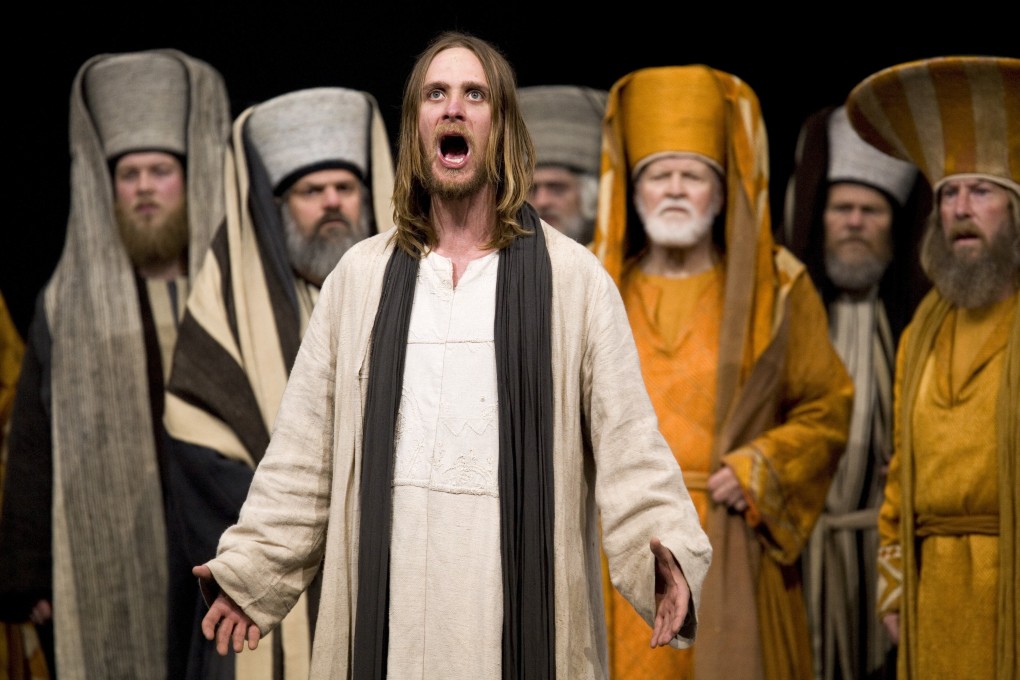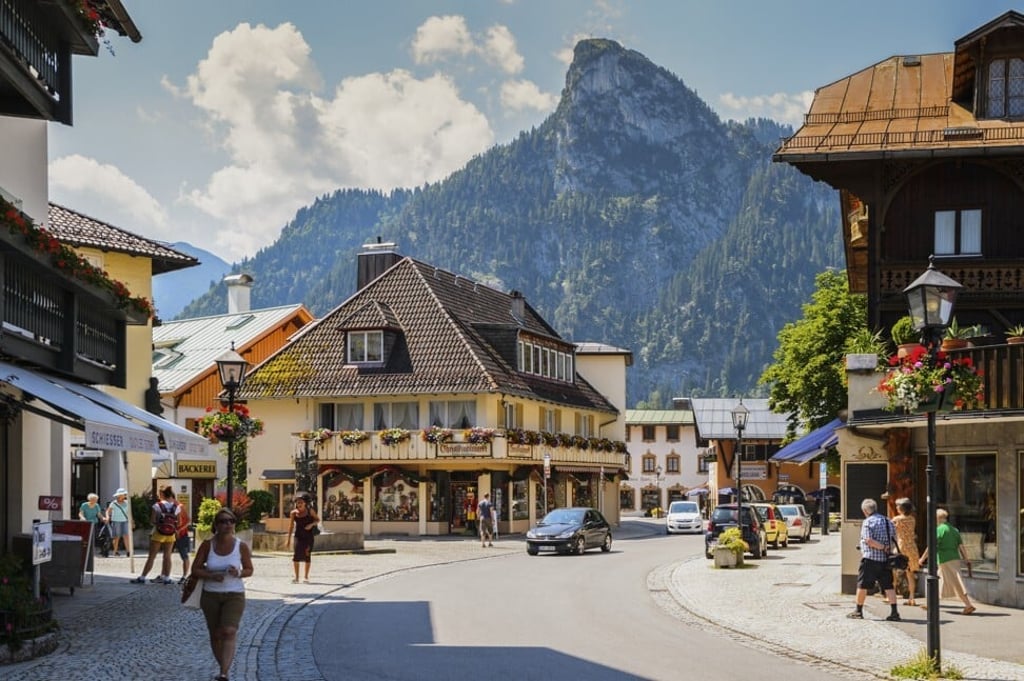In Germany, the Oberammergau Passion Play, a centuries-old tribute to plague victims, is hit by the coronavirus pandemic
- The Bavarian village first performed the play, telling the story of Christ’s crucifixion and resurrection, in 1634, after being ravaged by plague
- Usually held every 10 years – due to involve 2,500 villagers – it has been postponed until 2022. It is one of only a handful of times it has been delayed

Few of Europe’s cultural events have the pedigree of the Oberammergau Passion Play. Since 1634, inhabitants of the southern German village have participated in the play, which its people pledged to perform every 10 years at a time when Oberammergau was being ravaged by the plague. Yet the 2020 version (host years were changed to those ending in a “0” in 1680) has been postponed because of a different microscopic killer.
The premiere of the 42nd edition of the play was scheduled for May 16, with 103 performances due to continue into October. Each performance would have drawn more than 4,500 spectators to Oberammergau’s theatre, a gently inclined hall with wooden seats, an arched ceiling and an open-air stage with a temple-like permanent backdrop.
As part of measures to slow the spread of Covid-19, the authorities forced the postponement of this decade’s production. Ticket holders, many of whom are aged over 60 and thus in the high-risk category, had already started contacting the ticket office from around the world to ask whether the play would go ahead in light of the pandemic and the resulting disruptions to travel. It had also become increasingly difficult to hold rehearsals, which at times brought 700 to 800 people together on stage.
“The passion play would have been one of the biggest events in Bavaria this year [the biggest, Munich's Oktoberfest, has now been cancelled, too]. We expected half a million visitors from all over the world,” says Frederik Mayet, manager of the production’s press office and one of the actors cast as Jesus. “Oberammergau is located in the Bavarian Alps and we don’t have much industry here, so we depend a lot on tourism. We have a lot of hotels and restaurants; it will have a huge impact.”

Wynne Tranter, who organises tours for the University of the Third Age, an international movement established to educate and stimulate retired people, says, “We were to be a group of 18 people, all from the UK […] and we planned to spend eight days exploring the castles and lakes of Bavaria, and end in Oberammergau. For our group, an overnight stay in Oberammergau, category B accommodation – equivalent to a four-star hotel or five-star guest house – was included in the price.”